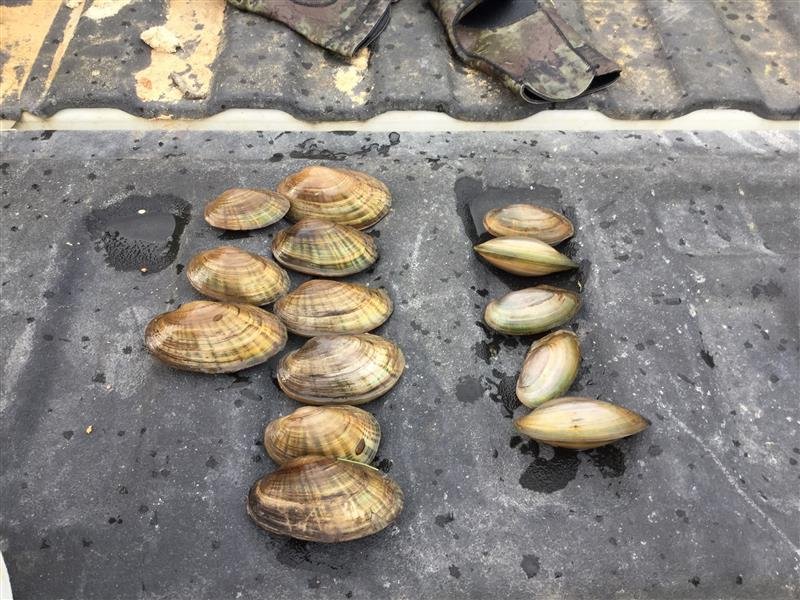
The future is looking brighter for seven mussel species in central Texas. Recently, the U.S. Fish and Wildlife Service (Service) announced their designation as either endangered or threatened under the Endangered Species Act. These fascinating creatures, often overlooked, play a vital role in keeping our rivers healthy. Once abundant throughout the four river basins, the seven central Texas mussel species have declined in recent years due to reduced water quality and habitat destruction.
Here’s What You Need to Know About This New Rule
The Species: Six mussels – the Guadalupe fatmucket, Texas fatmucket, Guadalupe orb, Texas pimpleback, Balcones spike, and false spike – are now classified as endangered. This means they are at risk of extinction in the wild. The Texas fawnsfoot received threatened status, indicating it could become endangered if threats aren’t addressed.
Protection Measures: The Service has identified specific areas (critical habitat) crucial for these mussels’ survival. This designation restricts activities that could harm them or their environment. Critical habitat for these mussels spans over 1,577 miles of rivers and creeks in the Colorado, Guadalupe, Brazos, and Trinity river basins and includes Blanco, Brown, Caldwell, Coleman, Comal, Concho, DeWitt, Gillespie, Gonzales, Guadalupe, Hays, Kendall, Kerr, Kimble, Lampasas, Llano, Mason, McCulloch, Menard, Mills, Palo Pinto, Parker, Runnels, San Saba, Shackelford, Stephens, Sutton, Throckmorton, Tom Green, Travis, and Victoria counties.
Why This Matters
Texas is home to more than 50 species of native freshwater mussels. Mussels are essential to river ecosystems; they filter water, improve water quality, and provide habitat for other aquatic species. A single mussel can clean 8-15 gallons daily, removing algae and bacteria. They also stabilize riverbeds, benefiting bottom-dwelling creatures and promoting biodiversity. Protecting these mussels helps ensure the health of our rivers and the diverse life they support.
This new protection is a positive step towards safeguarding these essential freshwater mussels. By addressing the threats they face and preserving their habitats, we can work towards a future where these species thrive once again in central Texas.

Westward – Copyright 2024